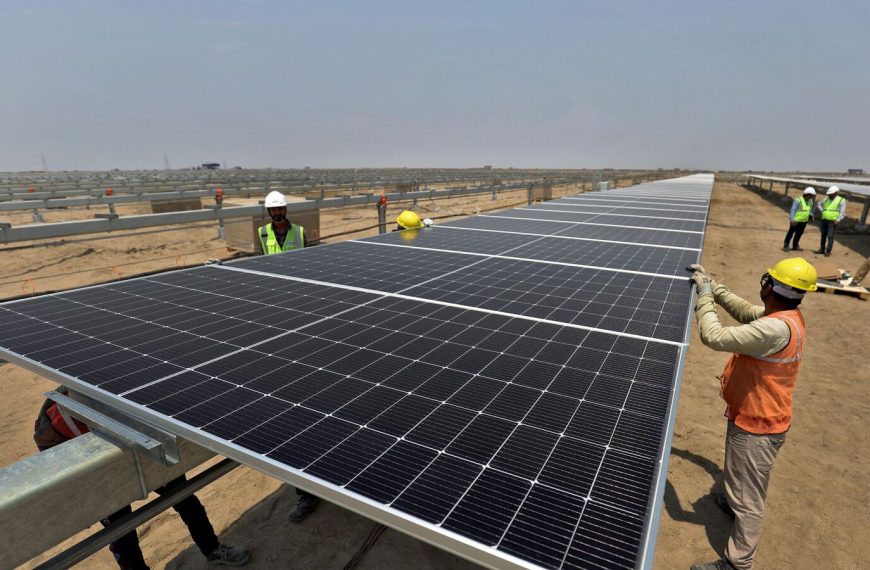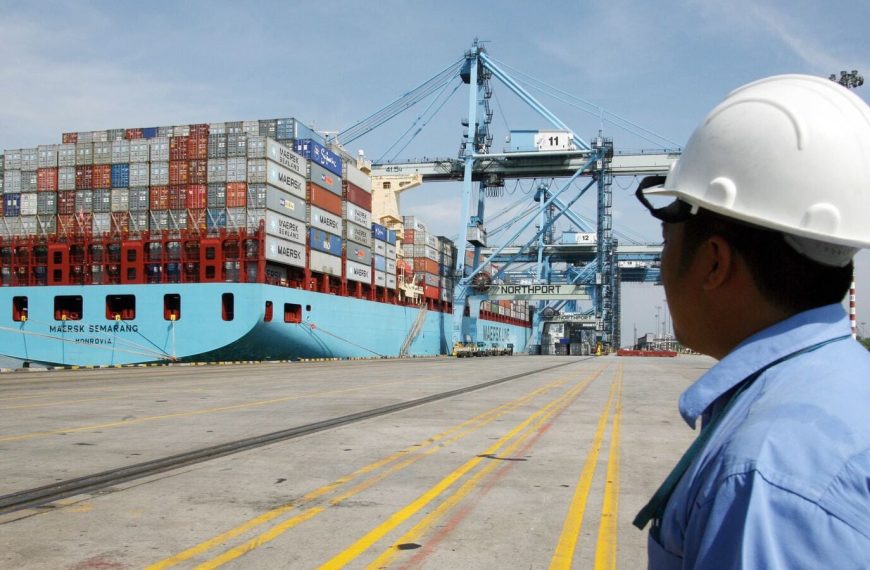The International Monetary Fund (IMF) and World Bank are currently advocating for their continued partnership with the United States, particularly under the leadership of President Donald Trump. As pivotal players in global economics since World War II, these institutions are concerned about potential shifts in U.S. foreign policy and are emphasizing their significance within the framework of Trump’s "America First" agenda.
The Stakes of U.S. Withdrawal
The prospect of the U.S. disengaging from these organizations has gained traction, especially with discussions surrounding Project 2025, a Republican initiative that suggests a reevaluation of America’s role in global finance. President Trump has ordered a comprehensive review of U.S. relationships with international bodies, including the IMF and World Bank, with findings expected by early August.
- Key Points:
- U.S. withdrawal could severely impact global economic stability.
- Trump’s administration is considering a more transactional approach to international relations.
- The IMF and World Bank assert their roles benefit U.S. interests.
Engaging with U.S. Leadership
To counteract concerns from the Trump administration, leaders from both institutions have met with Treasury Secretary Scott Bessent, who represents U.S. interests at the IMF and World Bank. Kristalina Georgieva, Managing Director of the IMF, and Ajay Banga, President of the World Bank, have outlined how their operations not only sustain themselves financially but also amplify the effects of U.S. financial contributions.
- The U.S. holds approximately 16% of the voting power at the IMF and 17% at the World Bank.
- Their missions—ensuring global financial stability and fostering development—are portrayed as essential for U.S. economic health, including job creation and crisis prevention.
The Uncertainty Ahead
Josh Lipsky, a senior director at the Atlantic Council, points out that the current climate is filled with uncertainty. During Trump’s earlier term, the administration recognized the value of these institutions, but now the future of U.S. involvement seems unpredictable. The upcoming Spring Meetings, set to commence on April 21, could further illuminate the direction of U.S. participation.
- Georgieva expressed optimism about ongoing discussions with the U.S. Treasury, emphasizing a commitment to fostering global growth.
- The World Bank has highlighted its reforms aimed at enhancing job creation and attracting private investments.
Concerns Over Project 2025
The Project 2025 report, introduced by the conservative Heritage Foundation, expresses skepticism about the value of the IMF and World Bank, claiming they endorse economic policies that contradict American free-market principles. Critics within the Trump administration have suggested that the most prudent course of action may be to withdraw from these institutions instead of pursuing reform.
David Burton, a prominent figure at the Heritage Foundation, argues that these organizations have historically resisted meaningful changes that align with U.S. interests, making withdrawal a viable option for the future.
A Focus on Development
President Banga has clarified that the World Bank’s mission is fundamentally about development, not merely humanitarian aid. He has also advocated for a shift in funding towards nuclear energy, renewables, and natural gas, framing these as essential for sustainable energy solutions. However, this focus on climate-related initiatives may clash with the Trump administration’s preference for fossil fuels.
In previous administrations, Treasury secretaries have set clear expectations for the IMF and World Bank ahead of their meetings, a practice that has not yet resumed under the current administration. Notably, the U.S. has yet to appoint a Treasury undersecretary of international affairs, leaving it without a voting presence on critical issues.
The Implications of Withdrawal
Experts warn that a U.S. exit from the IMF and World Bank could destabilize the global economy and hinder development efforts. Brent Neiman, an economics professor at the University of Chicago, asserts that if these institutions did not exist, there would be a strong case for creating similar entities to uphold global financial stability.
In summary, as the IMF and World Bank navigate a potentially precarious relationship with the Trump administration, the stakes for both U.S. interests and global economic stability remain high. Continuous dialogue and engagement will be crucial in determining the future of these vital institutions.











